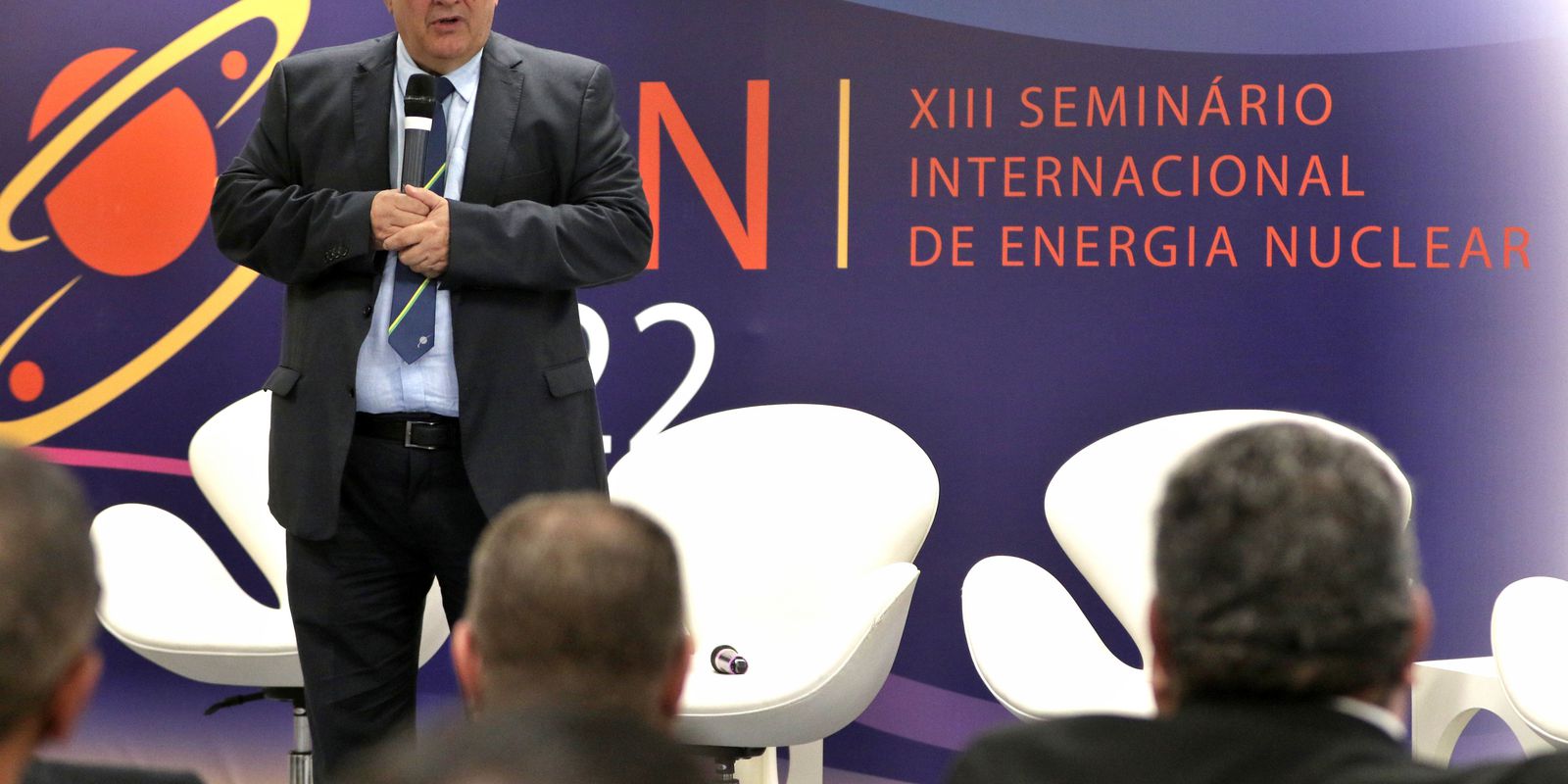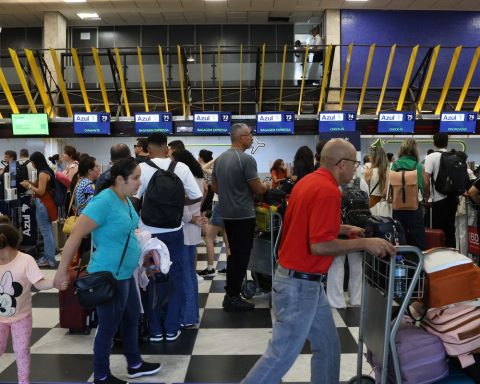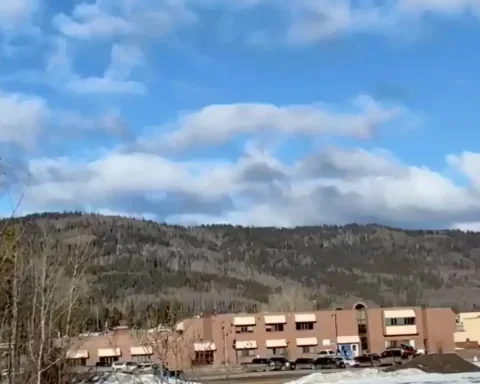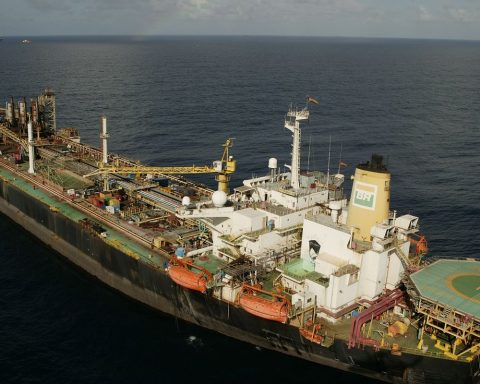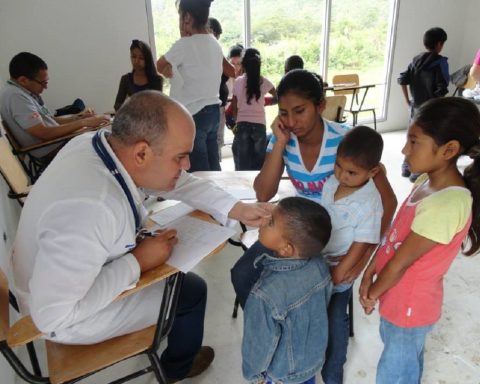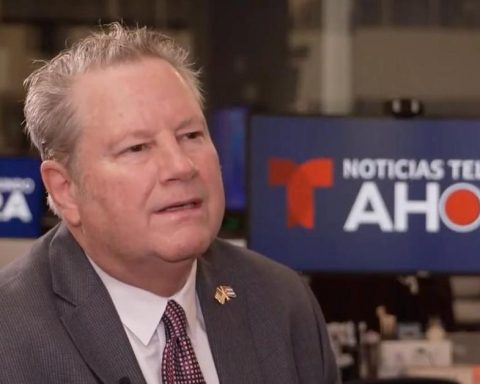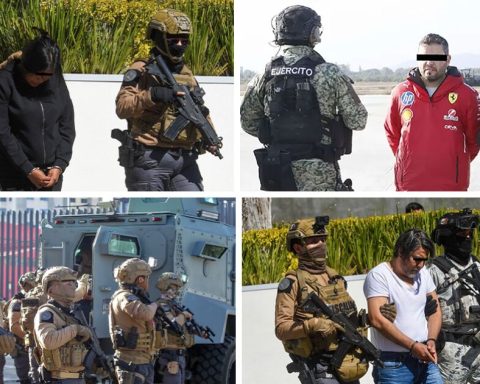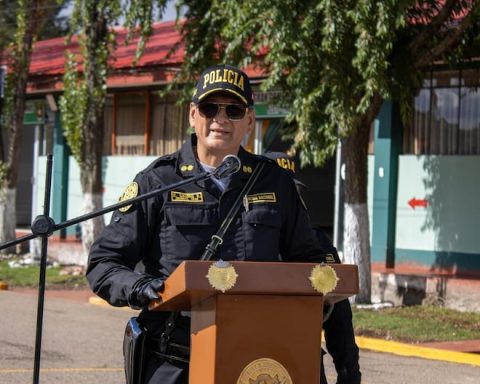The 13th International Seminar on Nuclear Energy began today (8), in Rio de Janeiro, which will debate until Friday (11), the sector’s contributions as a sustainable source and the role of nuclear technology in the country’s energy transition, for matrices that reduce greenhouse gas emissions.
Throughout the week, topics such as more technology with less CO2 emissions, safety of society and of nuclear generation plants, the Angra 3 plant works, business opportunities and the applications of nuclear technology in the environment, medicine, agriculture and industry.
At the opening table, the Minister of Science, Technology and Innovation, Paulo Alvim, highlighted that nuclear energy has a strategic role in the transition to a clean matrix in the country, as well as in guaranteeing Brazil’s energy sovereignty.
“When discussing fission and fusion, we are working exactly along these lines. We already have a resource strategy that started this year and, for next year, we already have a whole set of referrals, whichever government it is, because we are talking about State policy. We are talking about a scientific and technological capacity, a business competence and a web of actors that form an irreversible ecosystem that we have. And we need predictability and continuity,” said the minister.
According to the National Energy Balance report, by the Energy Research Company (EPE), in 2021, Brazil used 44.7% of renewable energy and 55.3% of non-renewable energy. Nuclear energy corresponds to 1.3% of the total Brazilian matrix and reaches 5% worldwide.
The production of electric energy by nuclear technology consists of taking advantage of the natural properties of the nuclear reactions of chemical elements such as uranium, in thermonuclear plants. The main form is fission, where the atomic nucleus splits into two or more particles, releasing energy.
This energy is used to heat the water passing through the reactor, reaching a temperature of 320 degrees Celsius. The water that comes in contact with the uranium is kept isolated and under pressure to exchange heat with another water circuit, where the steam that drives the electric generation turbine is formed. The nuclear matrix is considered clean because it does not burn fossil fuel, such as oil, coal or gas, for the production of electric energy, not emitting greenhouse gases.
climate catastrophe
Also at the Seminar, the professor of Applied Physics at the University of São Paulo (USP) Paulo Artaxo, highlighted the urgency with which the world needs to act to avoid an irreversible climate catastrophe. According to Artaxo, who is a member of the Intergovernmental Panel on Climate Change (IPCC), the team that won the 2007 Nobel Peace Prize, the world has been debating the issue since 1972, but nothing has been done so far to stop global warming, and the planet is heading towards a climate emergency, with emissions increasing by around 2% to 4% per year.
“These emissions translate into an increase in the concentration of greenhouse gases in the atmosphere. In the case of CO2, we have already increased its atmospheric concentration by 66%, compared to the pre-industrial period. Of methane, 259%, and of nitrous dioxide, 123%. Our species is changing the composition of the Earth’s atmosphere and the impacts on climate are very significant.”
According to the professor, the IPCC has already warned that scientific evidence points to the planet warming by 3ºC by 2100, which will change the regime of rains and droughts and raise sea level by 1 meter. As a result, the country will experience severe droughts in the Amazon and Central Brazil, in addition to increased rainfall in the South and the entire coastline being affected.
For Artaxo, nuclear energy is not the best option, because of the high cost of installing the plants and the construction time, over 15 years, in addition to the proliferation of radioactive waste that this matrix can generate.
“As we have an urgent climate issue, and wind and solar energy today can be applied quickly with very low initial costs, nuclear energy will have to solve these difficulties. In addition, it has a high operating price, due to safety issues and the use of enriched fuel in the operation, which are not yet fully resolved. The proliferation of fissile materials, with half-lives of thousands of years, is a problem that has not yet been fully resolved,” said Artaxo.
